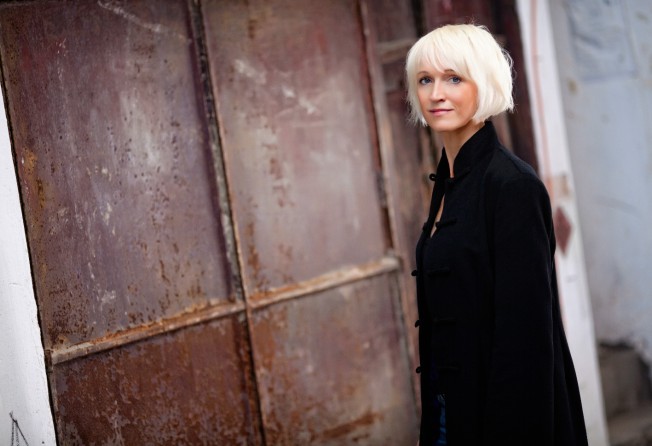Doctor delivers practical care where it’s needed most

Dr Marie Charles is on the phone from Brussels.
She’s in her native Belgium, but it’s for work, not visiting the relatives. She’s also just come back from Vietnam.
“We are rolling out a national health care delivery platform in four countries – Vietnam, China, Philippines and Indonesia,” she says, so she’s spending a lot of time in southern Vietnam.
The projects are to ensure health care reaches those who need it, as she feels many people are now falling through the cracks.
When not travelling, Charles has made Hong Kong her home since 2010. “Hong Kong is not only the most convenient place, but in terms of getting things done it is better than London, New York or Singapore,” she says.
And Charles, 49, is all about getting things done.
One of her key projects has been Global Medic Force. It has 1,700 volunteer doctors at any one time training local health care workers and doctors around the world.
“What the volunteers get out of it is exactly why a person becomes a doctor. It’s because they want to help people,” says Charles. “These kind of assignments give them that satisfaction.”
You can see that in the testimonials on the Global Medics website, where doctors sign up again and again to volunteer in far flung parts of the world.
Video: Doctor Marie Charles on the importance of training doctors in developing countries
“My work takes me everywhere on the planet,” says Charles, whose retired doctor husband travels with her.
She says while there is plenty of good will from volunteers, philanthropists and pharmaceutical companies, millions of people in developing countries are still falling between the cracks.
“In a lot of these economies, it’s the middle class that is falling between the cracks,” Charles says. “I’m not talking about the middle class as we know it in developed countries. “When a person who has a small shop or is a teacher has a little money they can’t benefit from philanthropic projects aimed at those below the poverty line. But they can’t afford the expensive medical care on offer or, if it isn’t, to fly out to somewhere else to have an operation.”
The volunteer doctors carry out clinical mentoring in all areas of health care. They don’t treat patients but train the doctors, from six weeks and up.
“The length of training depends on what kind it is,” says Charles. “But if you do it for less than six weeks there will be no impact. Whatever knowledge is being transferred, they need to practise it. So really the bare minimum is three months, better nine to 12 months.”
“We only take the best of the best,” says Charles, and the doctors are told to ensure the local colleague is trained in a way that is practical to the local situation, not how it might be done with sophisticated equipment back in London.
“There’s no point training them up to do lab tests if there is no laboratory. And what’s the point of teaching them how to use an MRI if there is no MRI machine in the country?”
Charles was born and grew up just outside Brussels and knew she wanted to be a doctor from the age of four.
Her biggest frustration is that while a lot of money is thrown into poor countries, unless the medicines can get from the airport to where they are needed, or unless the doctors are trained to administer them in rural clinics, the system fails.
“Back in the 1880s, [medical missionary and explorer David] Livingstone wrote about health care in Africa,” she says. “You can still see his books at the Royal Geographical Society in London. Well, 130 years on, where many of my health care workers go, is exactly the same. And that is billions and billions of dollars later.”
So, Charles says, you need to ensure these systems are fixed and that quality health care is available on the ground at local prices.
“And that,” she says, “is perfectly possible.”
And when does Dr Marie Charles sleep?
“Never!”